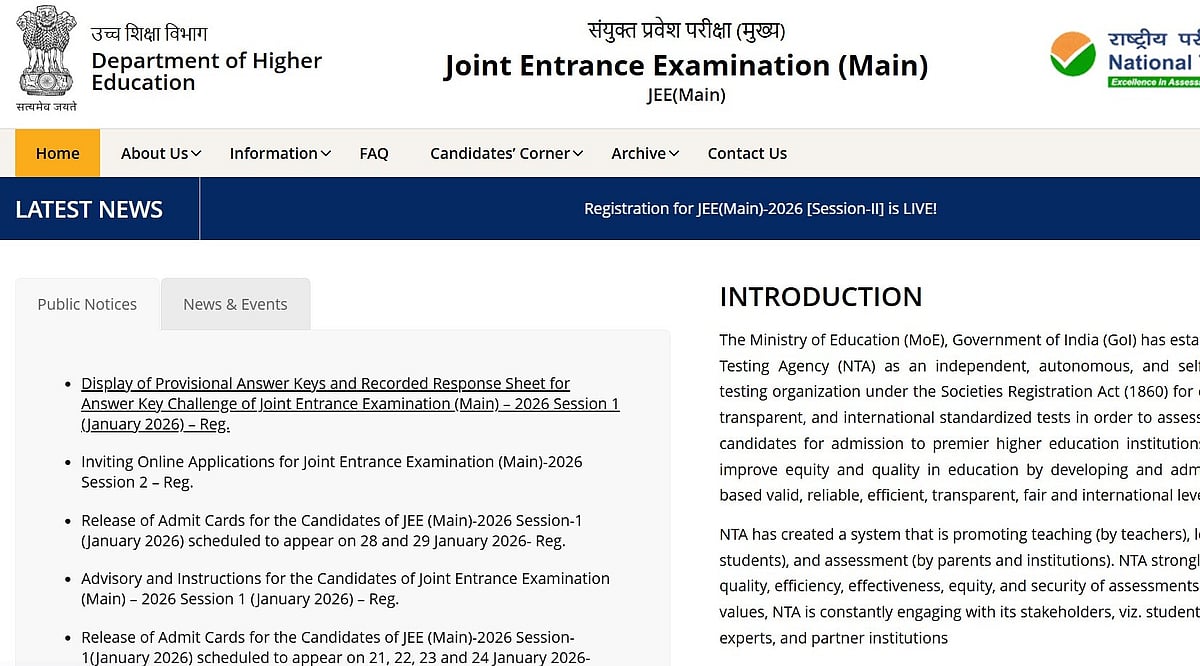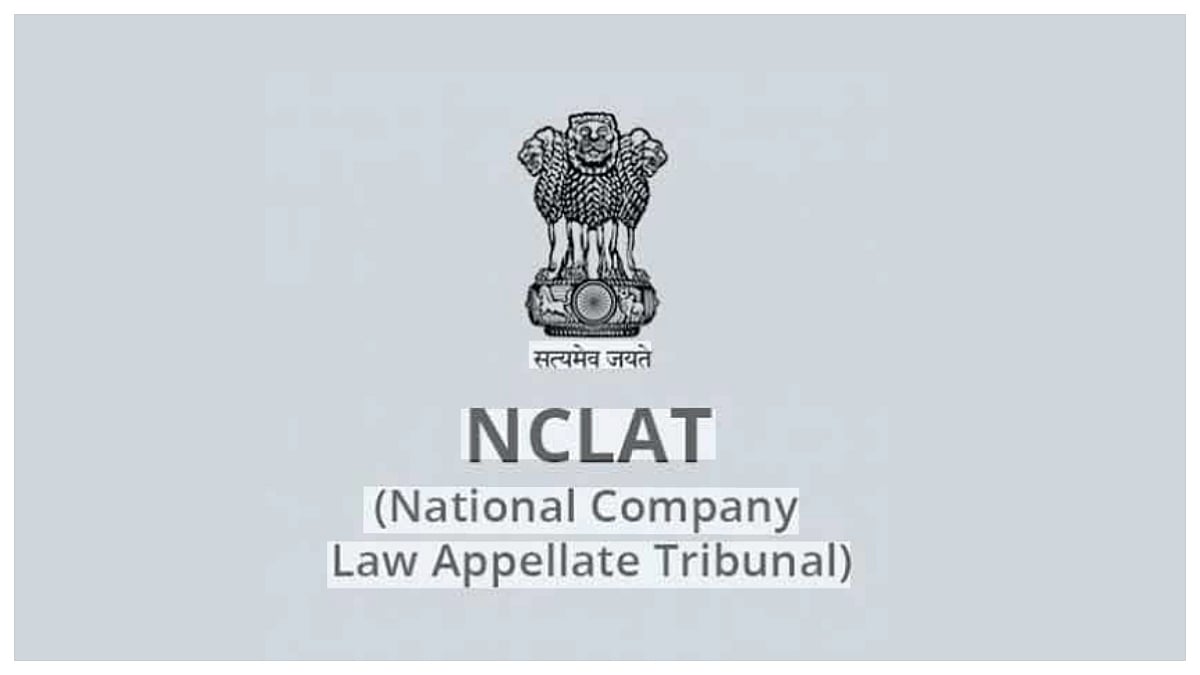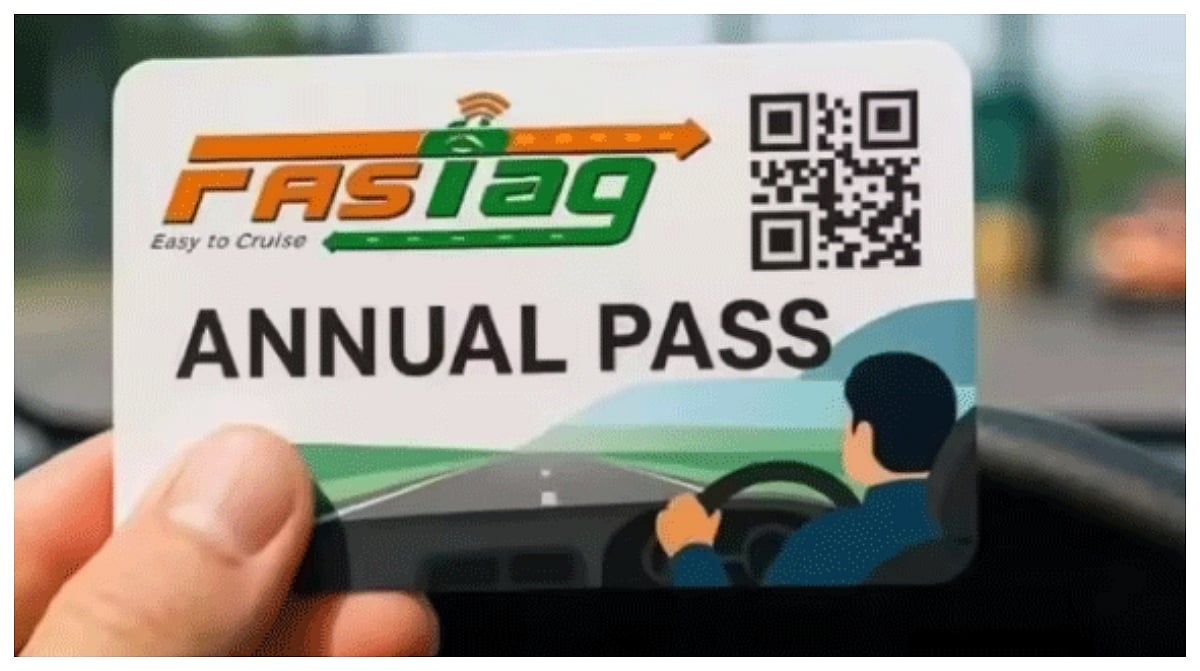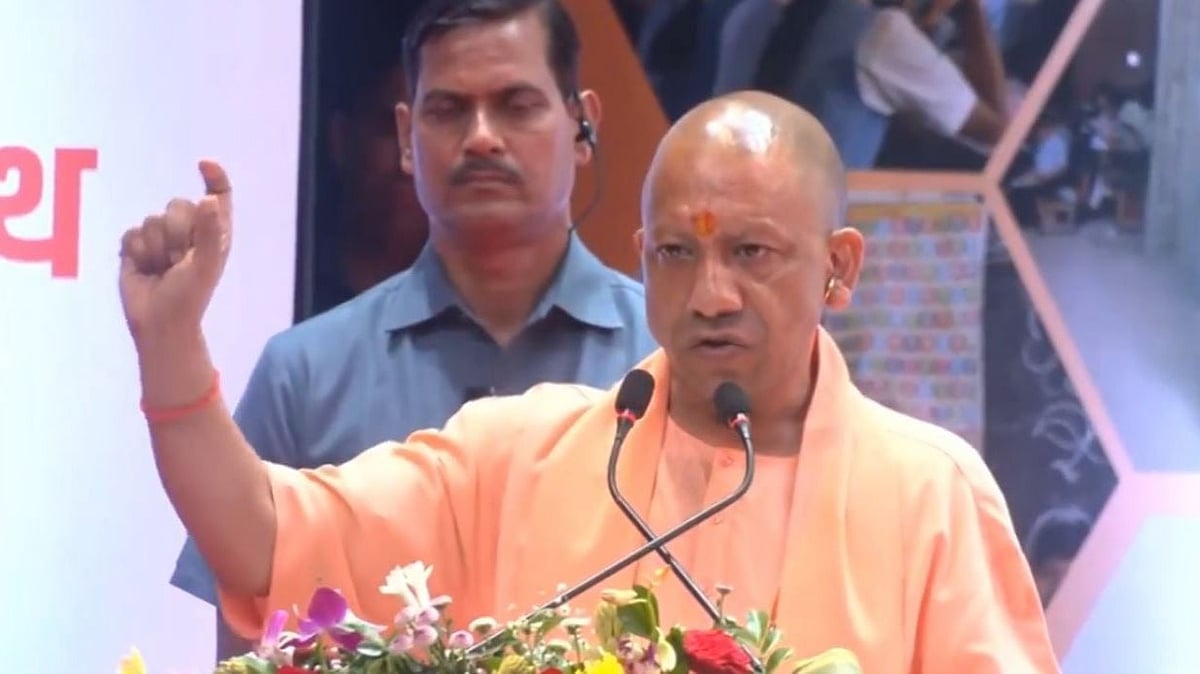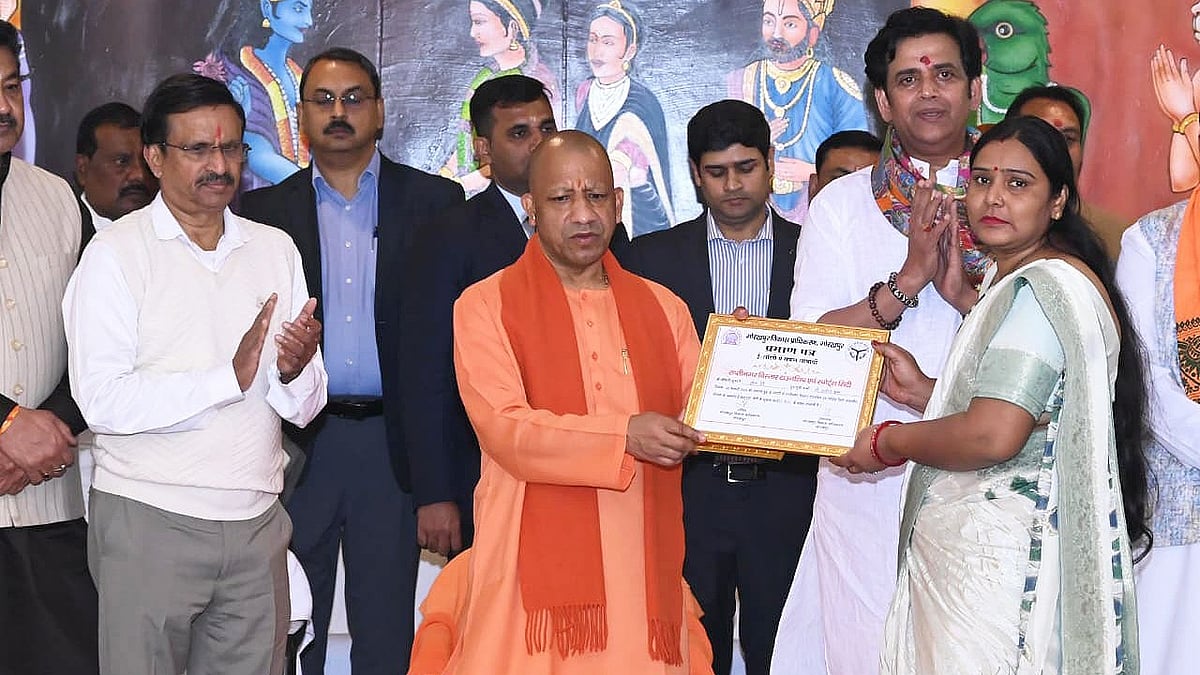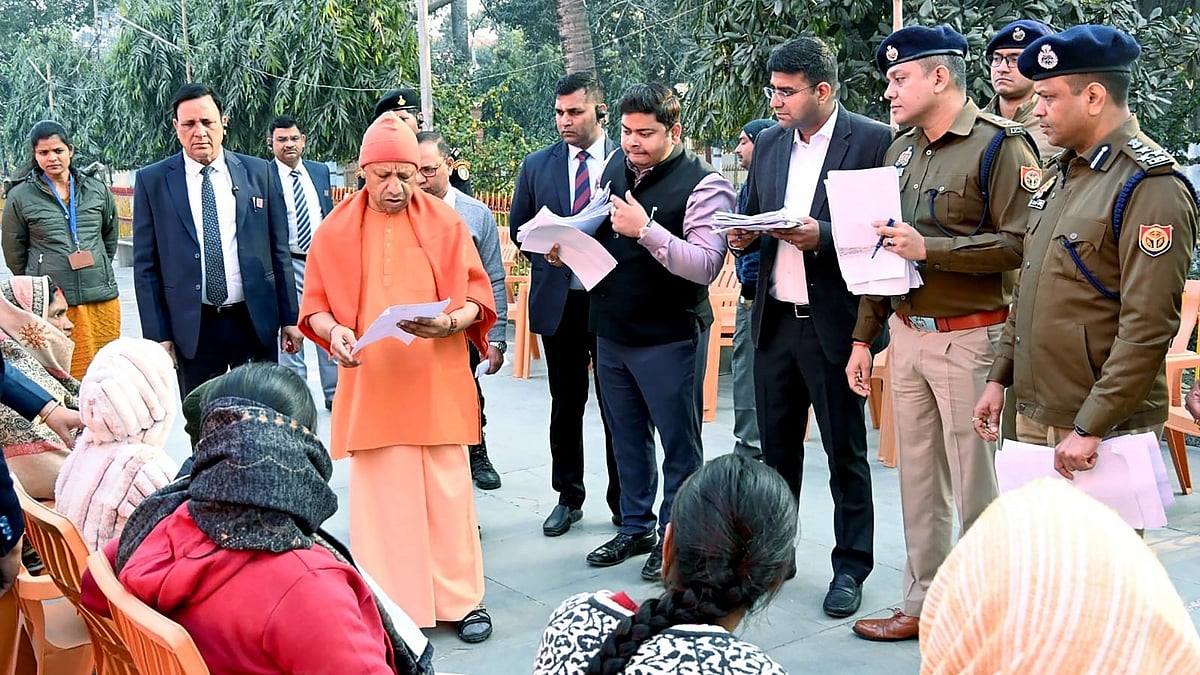New Delhi: The National Highways Authority of India (NHAI) has simplified the Know Your Vehicle (KYV) process to enhance the customer experience for FASTag users.
According to the new rules published by the Indian Highways Management Company Limited (IHMCL), FASTag services will no longer be terminated for non-compliant vehicles, and users will have ample opportunity to complete the KYV process.
Vehicle owners are now required to upload only a front photo of their vehicle, as the system will automatically retrieve registration certificate (RC) details through the Vahan database. Issuing banks will proactively assist users and a dedicated helpline will remain available for customer support.
Users will no longer face service disruptions for not completing vehicle verification, as the NHAI has revised the KYV process to make it simpler and more user-friendly.
What Are The New KYV (Know Your Vehicle) Rules?
According to the updated NHAI guidelines, side photographs of cars, jeeps, or vans will no longer be required for the KYV procedure. Users now only need to upload a front image showing the FASTag and number plate.
Furthermore, when a user enters the vehicle number, chassis number, or mobile number in the Vahan portal, the vehicle’s registration certificate (RC) details will be automatically retrieved. In cases where more than one vehicle is registered under a single mobile number, the user can select the specific vehicle for which they wish to complete the KYV process.
What Will Happen To FASTags Issued Before KYV Process?
FASTags issued before the KYV policy will continue to be active unless complaints of misuse or loose tags are received. Besides, users will receive SMS alert from issuer banks to complete their KYV.
What To Do If You Face Issues Completing KYV Process?
The issuing bank should proactively get in touch with the consumer and help them complete the KYV process by uploading documents. For any KYV-related issues with their issuer bank, users can also contact the National Highway Helpline at 1033 to file grievance or ask queries.

